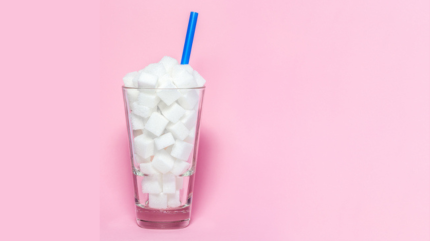
The Nigerian government is reportedly mulling a suspension of its tax on sugary drinks to ease pressure on manufacturers in the inflation-hit nation.
The levy, introduced two years ago, stands at N10 ($0.0061) per litre on sweetened sugar beverages. It was created to help tackle health issues such as obesity and diabetes.
According to media reports in Nigeria, Minister of Finance Wale Edun reportedly told meeting of the National Action on Sugar Reduction (NASR) group he was planning to suspend the tax to give breathing room to beverage manufacturers.
“This measure aims to help beverage companies navigate the current economic difficulties without going under,” Edun told NASR members, according to the Business Post media outlet.
Edun reportedly added: “The temporary suspension of the sugar tax is seen as a measure to stabilise the economy and support the beverage industry during this critical period.”
The Nigerian government has been trying to stabilise the nation’s economy amidst a weak local currency, a cost-of-living crisis and high inflation.

US Tariffs are shifting - will you react or anticipate?
Don’t let policy changes catch you off guard. Stay proactive with real-time data and expert analysis.
By GlobalData“The naira [local Nigerian currency] has devalued massively, I think versus the dollar, more than 50% or 60% in the space of a year,” Richard Wyborn, partner at Food Strategy Associates, told Just Drinks last month. “You’ve got these really acute economic challenges that present major issues to companies for a number of reasons.”
The African country has an inflation rate of circa 34% and is amid its worst cost-of-living crisis in years.
Sugar taxes elsewhere
Last year, the World Health Organization (WHO) called for higher taxes on sweetened beverages and alcoholic drinks to promote “healthier behaviours”.
“Although 108 countries are taxing some sort of sugar-sweetened beverage, globally, on average, the excise tax, a tax designated for a specified consumer product, represents just 6.6% of the price of soda,” the WHO said.
In the US, there is no outright national sugar tax but some individual cities and jurisdictions have implemented levies.
The UK introduced a sugar tax in 2018. It consists of a levy of 18p a litre for drinks with five to eight grams of sugar per 100ml and 24p per litre for those with more than 8g of sugar per 100ml.
In April, the Dutch government laid out five scenarios for revising its taxation of sugar in non-alcoholic beverages, which could include soy-based drinks, water and dairy.
Since 1993, the Netherlands has applied a flat rate of €26.13 ($27.96) per 100 litres to all non-alcoholic drinks, regardless of sugar content.
Italy set out a sugar tax in 2020. It, however, has been delayed seven times and is now due to come into force on 1 July 2025.
Russia, Estonia and Slovakia all have sugar taxes in the works.



